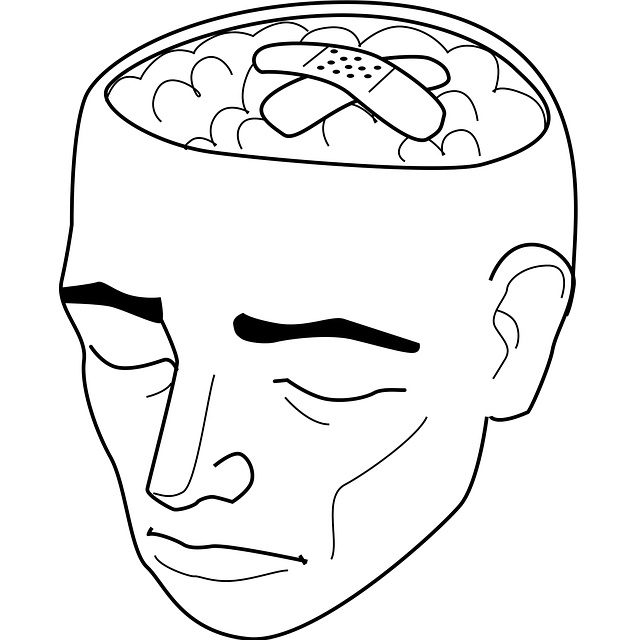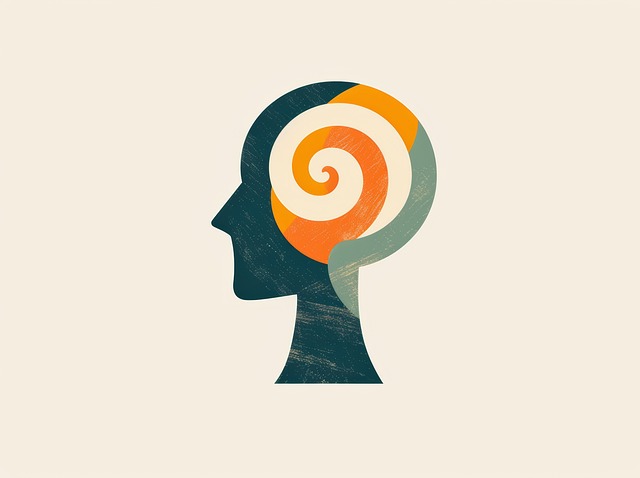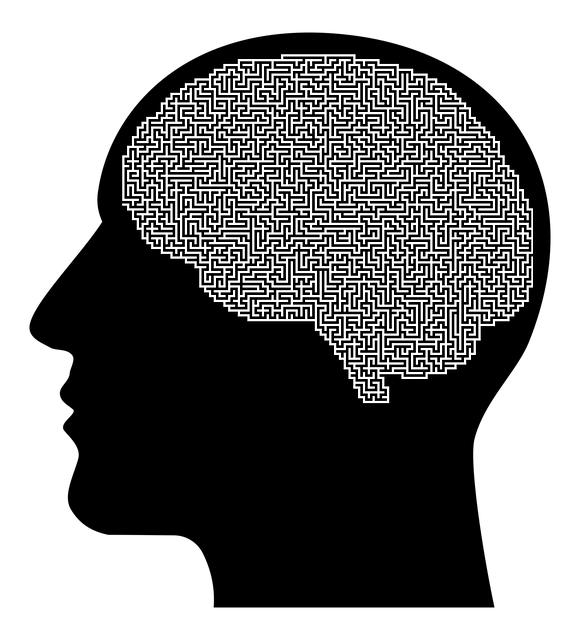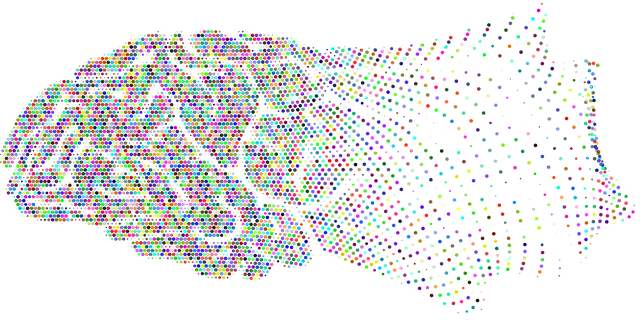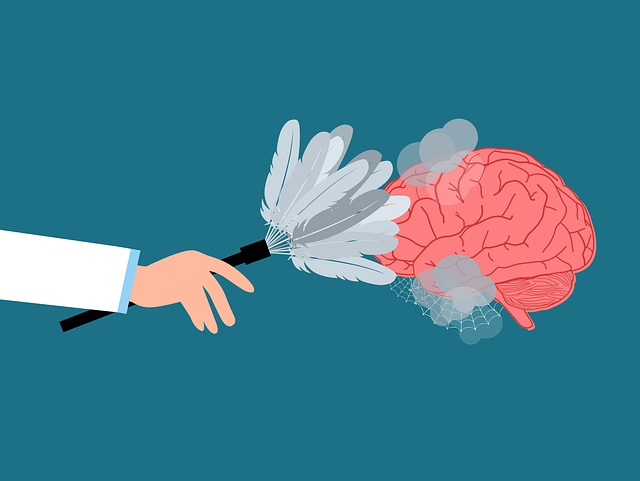Arvada Adolescent and Teen Therapy employs effective self-assessment tools tailored to adolescents' unique challenges, including stress management and trauma. These methods empower teens through introspection, cognitive-behavioral therapy (CBT), and mindfulness practices. By integrating evidence-based techniques, Arvada's approach enhances mental wellness assessment tools, offering personalized guidance for emotional regulation, coping skills, and crisis intervention. A strategic implementation process involves educational sessions, user engagement, feedback evaluation, and continuous updates based on research, ensuring the tool remains dynamic and relevant to evolving teen mental health needs.
In today’s fast-paced world, mental wellness self-assessment tools play a crucial role in adolescent therapy. This article explores the development of such tools, focusing on why they’re essential for Arvada Adolescent and Teen Therapy. We delve into designing effective assessments tailored to teens’ unique needs, integrating innovative approaches that have proven successful in this field. Additionally, implementation strategies and continuous improvement methods are discussed, emphasizing the importance of regular evaluation for optimal therapeutic outcomes.
- Understanding the Need for Self-Assessment Tools in Adolescent Therapy
- Designing Effective Mental Wellness Self-Assessment Tools
- Integrating Arvada Adolescent and Teen Therapy Approaches
- Implementation, Evaluation, and Continuous Improvement Strategies
Understanding the Need for Self-Assessment Tools in Adolescent Therapy

In the realm of Arvada Adolescent and Teen Therapy, the need for effective self-assessment tools is paramount. Traditional therapy methods often struggle to engage teens in introspective practices, leading to less accurate evaluations of their mental wellness. Self-assessment tools tailored for adolescents can empower them to take ownership of their emotional well-being, fostering a sense of autonomy crucial for this developmental stage. These tools serve as a gateway to uncovering hidden struggles, such as anxiety, depression, or trauma, which may not be readily apparent during clinical sessions.
By integrating self-assessment techniques into therapy, professionals can offer more personalized treatment plans. This is particularly beneficial in addressing prevalent issues among teens, including stress management and empathy building. Organizations like the Stress Management Workshops Organization recognize this gap and provide resources to support adolescents in developing coping strategies. Furthermore, trauma support services are essential components that can be seamlessly incorporated into self-assessment processes, ensuring comprehensive care for young individuals navigating their mental health journeys.
Designing Effective Mental Wellness Self-Assessment Tools

Effective mental wellness self-assessment tools are designed to help individuals gain valuable insights into their emotional and psychological state. These tools play a pivotal role in early detection of potential mental health issues, particularly among adolescents and teenagers. At Arvada Adolescent and Teen Therapy, for instance, professionals utilize tailored assessments to identify challenges unique to this demographic, such as stress related to academic pressure or social dynamics.
Successful self-assessment tools should foster self-awareness exercises that encourage introspection and honest reflection. They also need to incorporate practical conflict resolution techniques, helping young individuals navigate interpersonal issues constructively. By combining these elements, these tools empower adolescents and teenagers with the skills needed to manage their emotional regulation, ultimately promoting resilience and overall mental wellness.
Integrating Arvada Adolescent and Teen Therapy Approaches

Integrating Arvada Adolescent and Teen Therapy approaches into mental wellness self-assessment tools is a strategic move to cater to the unique needs of young individuals. These therapeutic methods have proven effective in addressing the complex challenges faced by adolescents, focusing on emotional well-being, behavioral issues, and personal growth. By incorporating techniques from Arvada Adolescent and Teen Therapy, such as cognitive-behavioral therapy (CBT) and mindfulness practices, self-assessment tools can offer tailored guidance for self-care routine development, coping skills enhancement, and crisis intervention strategies.
This integration allows for a more comprehensive understanding of teen mental health, enabling the creation of personalized resources. The tools can educate young people on managing stress, improving emotional regulation, and fostering healthy relationships—all vital components of a holistic Self-Care Routine Development for Better Mental Health. Moreover, it ensures that the assessment process provides practical Crisis Intervention Guidance tailored to adolescents’ developmental stage, promoting their overall resilience and mental wellness.
Implementation, Evaluation, and Continuous Improvement Strategies

Implementing a mental wellness self-assessment tool like those offered by Arvada Adolescent and Teen Therapy requires a strategic approach to ensure its effectiveness. The initial phase involves introducing the assessment to participants, explaining its benefits, and gaining their buy-in. This can be achieved through educational sessions, workshops, or personalized consultations, emphasizing the importance of self-awareness and personal growth. Once adopted, the tool should be evaluated using various methods, including user feedback, data analytics, and expert reviews. By analyzing response patterns and individual progress, therapists and developers can identify areas for improvement, ensuring the tool aligns with the intended objectives.
Continuous improvement is vital to keep up with evolving mental health needs and research. Incorporating techniques like Mindfulness Meditation and Emotional Regulation into the assessment can enhance its therapeutic value. Regular updates based on user feedback and the latest evidence-based practices will ensure the tool remains relevant and effective. For instance, adding sections dedicated to Stress Management strategies can empower adolescents to cope with modern life’s challenges. This dynamic approach fosters a supportive environment for self-discovery and mental wellness enhancement.
The development of mental wellness self-assessment tools is a vital step forward in adolescent therapy, especially as evidenced by the success of Arvada Adolescent and Teen Therapy approaches. By integrating effective assessment methods, therapists can gain valuable insights into an individual’s mental health and tailor interventions accordingly. This strategic approach not only enhances treatment outcomes but also empowers adolescents to actively participate in their healing journey. Continuous evaluation and improvement ensure these tools remain relevant and impactful in the ever-evolving field of adolescent therapy.

